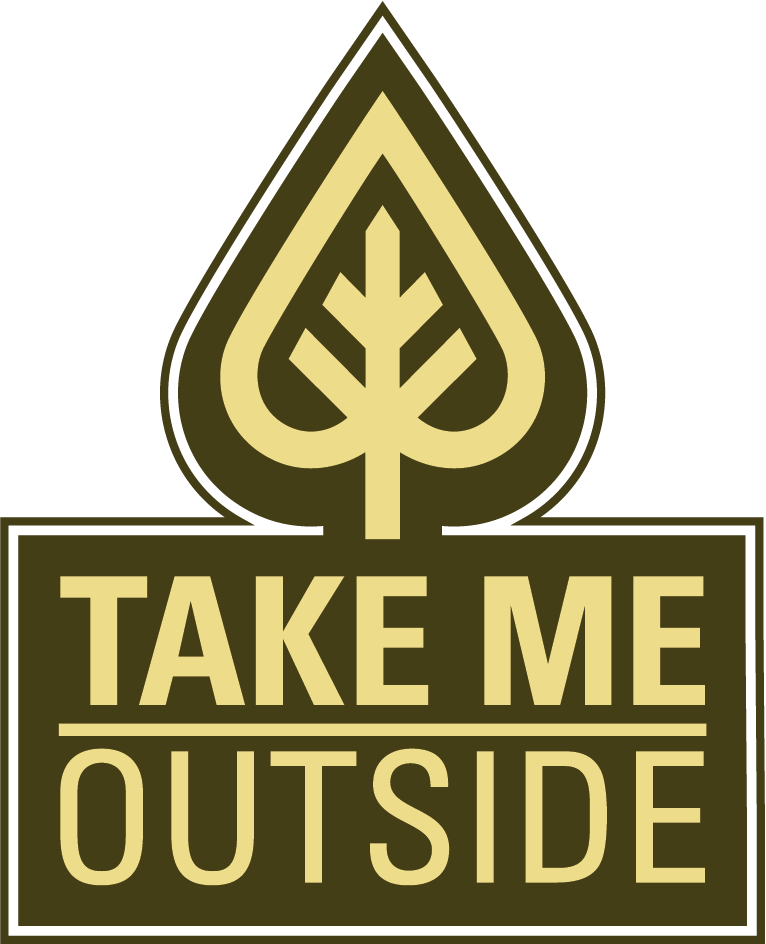145 results for browsing: Unknown
Environmental Games: Bring the fun of outdoor learning into your classroom
Learn a variety of hands-on environmental games and activities that you can do outdoors with your class or group. Environmental Educators Michelle and Istafa will teach you several activities that you can use anywhere to engage students of all ages in outdoor learning in a fun and interactive way. The activities you will participate in can be applied to science, math, art, and physical education curriculum topics at a variety of grade levels. They also help foster practical skills such as teamwork, problem solving, and communication, and promote curiosity and comfort outdoors in your students.
Playful Engagement in Nature for Well-Being
Promoting connection and wonder in the outdoor environment begins with rekindling that sense of wonder in ourselves. Come with the intention to treasure the moment of experiencing a sit spot, listen and connect to the personal journey of faculty who have moved their teaching outdoors, and reflect on the stories of students learning in the forest.
Camp Magic
"Taking kids outside can open the doors to a magical world of unexplained adventure, experiences and stories. When these moments happen as outdoor educators, we often refer to them as 'Camp Magic'. Situations that leave students and teachers with a memory of a life-time and a story that will be told for many years to come.
But how do we create these 'magical' moments for our students? Can we actually plan 'Camp Magic' or does it happen organically, naturally and only when unplanned?
Join me in this session as we explore the thought process behind these moments and how to potentially design, facilitate and implement your own 'Camp Magic'."
Ripple effect: Working together to protect water
Water Rangers believes that everyone has the right to learn about and help protect water bodies! You will learn how your students can help scientists gather water quality data using the Water Rangers testkits. After an introduction to participatory science and water quality testing, you will test water quality! While testing, we'll discuss how to set up excursions, what the results mean, and how to connect this activity to other topics. The data gathered can be openly shared online. The tools presented are best suited for ages 10 and up, although educators working with all ages are welcome!
Looking to Nature for Climate Change Solutions
Climate change is one of the most complex, interconnected challenges of our time. But we can’t lose sight of the impact we can make if we take collective action and look to nature for inspiration. In this workshop we will take a nature-based, solutions-focused approach by looking at circular economy and renewable energy as ways to combat climate change. Participants will also create their own art using natural elements inspired by the workshop discussions and learn how this ties into GreenLearning’s classroom climate advocacy tool and eco action challenges.
Privileging more-than-human voices in sustainability education: An argument for role-play pedagogy
This workshop will give practitioners and participants the opportunity to experience role-play pedagogy, through engagement with the more-than-human in the environment. This pedagogical strategy involves the activation of evolved, imaginative, ecological engagement and thinking-with or being-with the ‘other.’ The objective of this pedagogical approach is the intentional development of relational awakeness and the building of relational bridges between children and and the ‘other’ in our common worlds.
Project WET Climate, Water and Resilience Mini-Workshop
In Project WET Canada’s Climate, Water, and Resilience Mini-Workshop participants will experience three engaging climate change activities from the educator guide. Each activity includes background information for the teacher, climate connections, STEM and career connections, and a climate resilience activity. The activities enable students to understand climate and climate change through accessing and analyzing reliable science-based data, conducting experiments, and participating in simulations, all of which empower students to combat climate change and build a more resilient future.
Indigenous Games
Nature Saskatchewan and SaskOutdoors will share their experience of discovering their role in Truth and Reconciliation in their community through outdoor and place-based education programs. They will discuss cultural appropriation and the knowledge that was shared with them by Knowledge Keeper, Alphonse Obey from the Pasqua First Nation. Participants will learn about the cultural traditions of several Indigenous games as well as create materials for your own use of these games which were gifted to them to share with others.
Kapabamayak Achaak Healing Forest- Live, Learn, Heal
Kapabamayak Achaak Healing Forest (KAHF) is a living memorial to Indigenous children lost to or affected by the residential school system as a gathering place for families and communities for learning outdoors. In this place, land-based learning, and intergenerational learning programs, connect people to their histories and cultivate sustainability.
The presenters will provide a brief history of the project and provide examples of land-based practices such as Indigenous ways-of-knowing and methodologies, environmental sustainability and wellness on the land.
Centering Indigenous Pedagogy with and for students in the helping professions
SIIT staff and students from the Mental Health and Wellness Diploma program will share some of their experiences and perspectives on how to incorporate Indigenous pedagogy into education. Through a hands-on immersive experience, participants will be guided land-based skills and how to co create knowledge with students to achieve learning outcomes. The activity is a condensed version of a student assignment in the Recreation, Leisure and Wellness course that is part of the MHW curriculum.




